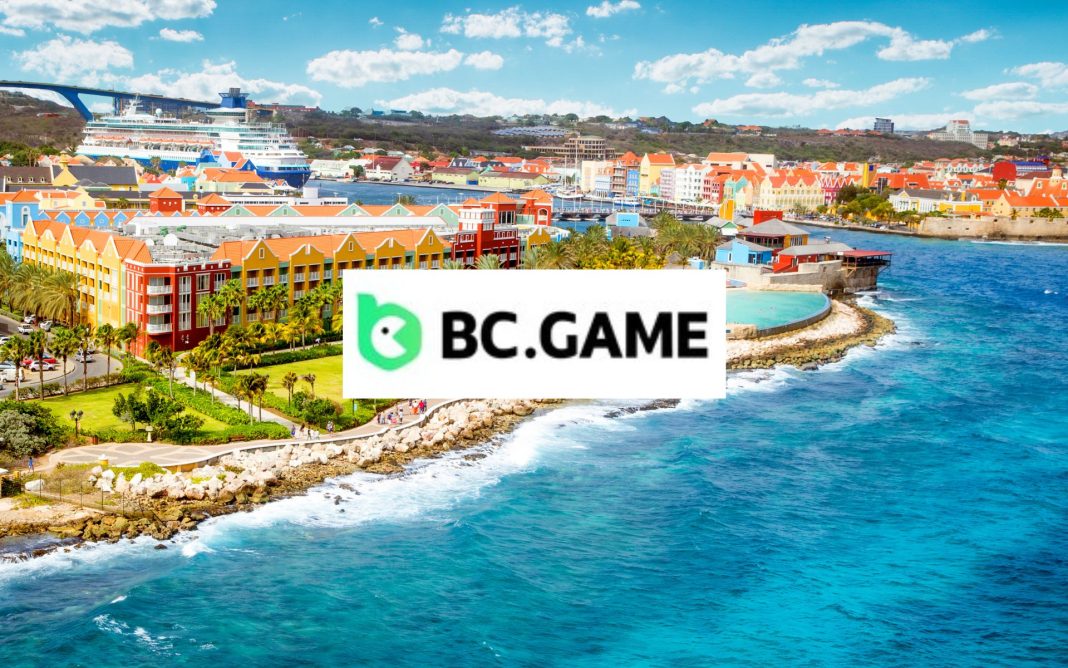BC.GAME, a leading cryptocurrency i-Gaming platform, has announced its decision to withdraw its operating license from Curaçao. The company cited an increasingly hostile environment for operators and outdated legal protections, such as the 1931 Curaçao Bankruptcy Decree, as primary reasons for this move.
This strategic withdrawal is part of BC.GAME’s broader effort to align with more robust regulatory frameworks worldwide, ensuring the safety and reliability of its services for users. The company emphasizes that this decision will not impact its international operations, as it holds gaming licenses in multiple other jurisdictions.
Addressing Financial Health and Legal Disputes
In response to rumors questioning its financial stability, BC.GAME has reaffirmed that its financial position remains strong. The company continues to fulfill all legal and financial obligations across its international operations.
Recently, BC.GAME faced legal challenges in Curaçao, where the Court of First Instance declared its parent company, Small House BV, bankrupt following petitions from the Foundation for the Representation of Victims of Online Gaming (SBGOK). The foundation alleged that BC.GAME failed to pay out over $2 million in player winnings.
BC.GAME strongly disputes these allegations and plans to appeal the court’s decision, asserting that the ruling did not adequately consider key facts. The company remains confident in its ability to demonstrate compliance and uphold its reputation as a legitimate operator.
Commitment to Compliance and User Trust
Earlier this year, BC.GAME secured a new gaming license under Curaçao’s National Ordinance for Games of Chance (LOK) regulatory framework. This move was aimed at enhancing legal compliance and expanding the company’s global reach.
By establishing a local office in Curaçao, BC.GAME sought to ensure adherence to regulations and support the local gaming ecosystem. The acquisition of the LOK license was intended to bolster user trust, forge new partnerships, and broaden access to its gaming services.
Despite these efforts, the company has faced regulatory scrutiny in various jurisdictions, including fines for operating without a license in the Netherlands and Australia.




